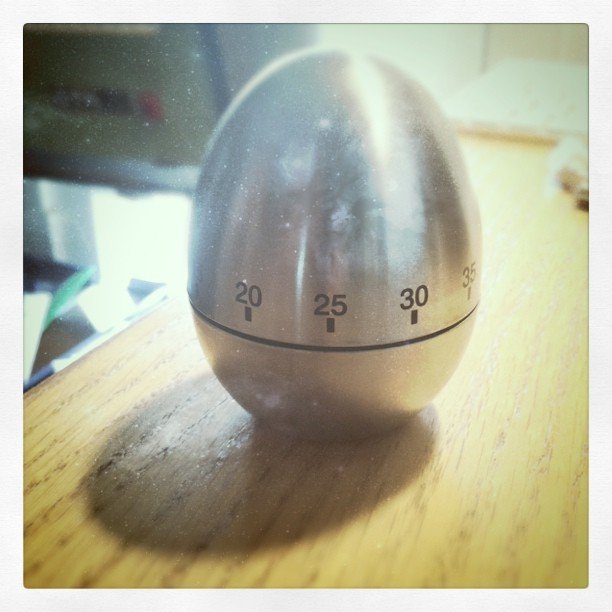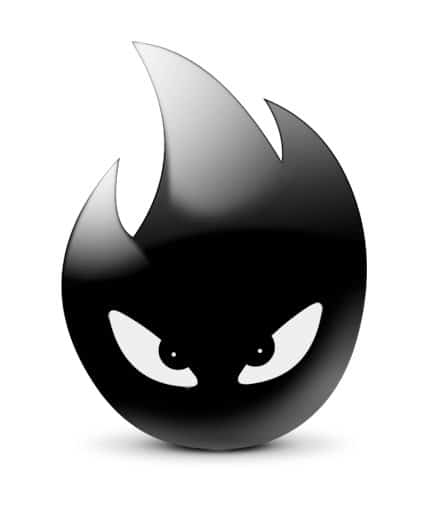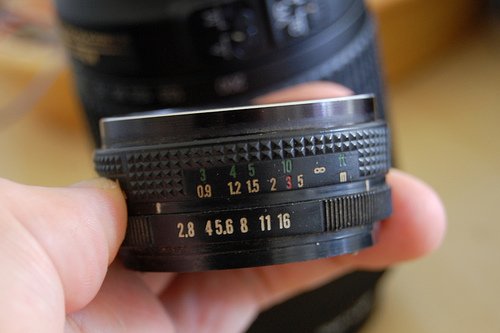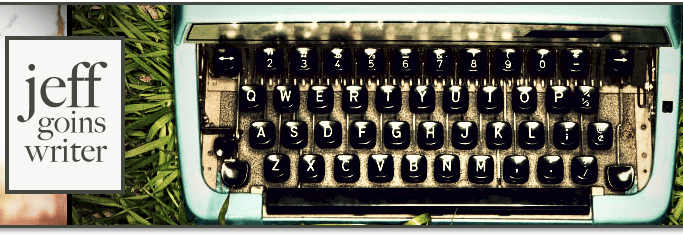One of the books that has been a big influence on me in the last year is Clutter Busting by Brooks Palmer. Palmer is a profound writer, who's “day job” is going around helping people get rid of the stuff that's holding them back. In the book, he teaches the clutter busting process through personal stories and experiences he shares with tender and loving detail.
Along with the physical space this stuff takes up in our lives, Palmer is illuminating when it comes to the emotional clutter that is attached to the physical. Seeing something from your past can bring up a strong emotional reaction, especially when it's tied to something negative.
As a result of reading, (and re-reading) Clutter Busting, I've gotten rid of a lot of possessions that were no longer serving me. Extra clothes that I no longer wear were the first to go. But I've been really bitten by the clutter-busting bug, so I've quickly moved on to books, musical instruments, gadgets and kitchen equipment that no longer serve me. I am slowly working towards becoming a minimalist when it comes to what I own.
I'm even considering how the very house that I live in creates clutter in my life, and am considering a drastic change to my living situation. Aside from getting rid of a lot of physical (and emotional) items, there's another type of clutter that I see with every client I've coached: Digital Clutter.
What is Digital Clutter?
This whole experience has also gotten me thinking about clutter in its various forms. I've started to explore digital clutter and the effect it has on our lives. Digital clutter can be just as damaging as physical clutter. Just because it doesn't take up any physical space, doesn't mean it doesn't carry the same emotional baggage.
Plus, as technology becomes more of a centerpiece in our lives, handling this type of clutter will be more important.
I define digital clutter as any files, documents, music, bookmarks, computer programs etc. that are no longer of value to you. What I mean by “value” isn't a monetary thing. Because if you bought a copy of Photoshop, it certainly cost you money had has that type of value. What I'm really talking about is clutter that has no value because you rarely (if ever) use it.
We get attached to these things just like we get attached to the physical stuff in our lives.
Where is your digital clutter hiding?
Brooks has some golden rules of clutter. My favorite, is that clutter loves to stick to other clutter. That's why you see piles of boxes in peoples basements and garages. Clutter is the same in the technology realm.
Do you have a stacks of burnt CD's in the spindle? Probably clutter. An external hard drive that's full of movies you downloaded in college? Clutter. A fresh copy of Adobe Illustrator that you really wanted to learn how to use but now just sits in your start menu? Clutter.
You probably know someone who struggles with digital clutter. Here are some of the people I've met:
-The guy who has a 60,000 song music collection but only listens to a tiny fraction of it.
-The mother who doesn't move any email out of her inbox because she's worried that she'll lose something important.
-The woman who has hundreds of files on the desktop of her computer and can never find the one she needs.
-The man who bookmarks every website he goes to, but will never really find his way back to.
-The girl who has 1,800 friends on facebook but rarely signs on
What's the big deal though? It doesn't take up any real space.
In Clutter Busting, Palmer talks about the emotional weight that clutter puts on our shoulders, and describes how when he finally convinces someone to throw out their clutter, that he can see a visible change as this emotional weight is lifted.
I have seen the exact same thing. I did a “clutter bust” for a friend, but not in her house. It was in her email. Over the course of an hour, we got her inbox from over 1800 unread messages down to a more manageable 35. It certainly wasn't inbox zero, but it was a start that gave her a manageable place to being getting there.
When we were done and she was finally looking at a manageable inbox, I could hear in her voice how relieved she was not to have to deal with all 1800 of those messages. It was amazing to me that email, something which takes up no physical space and doesn't really exist in real life, could have such a powerful emotional sway on someone.
Your Turn
So, am I full of it? Maybe you think that digital clutter isn't really a big deal. Maybe you don't think it exists. Share your opinion and join the discussion below. What do you consider to be digital clutter, and how have you dealt with it in the past?













